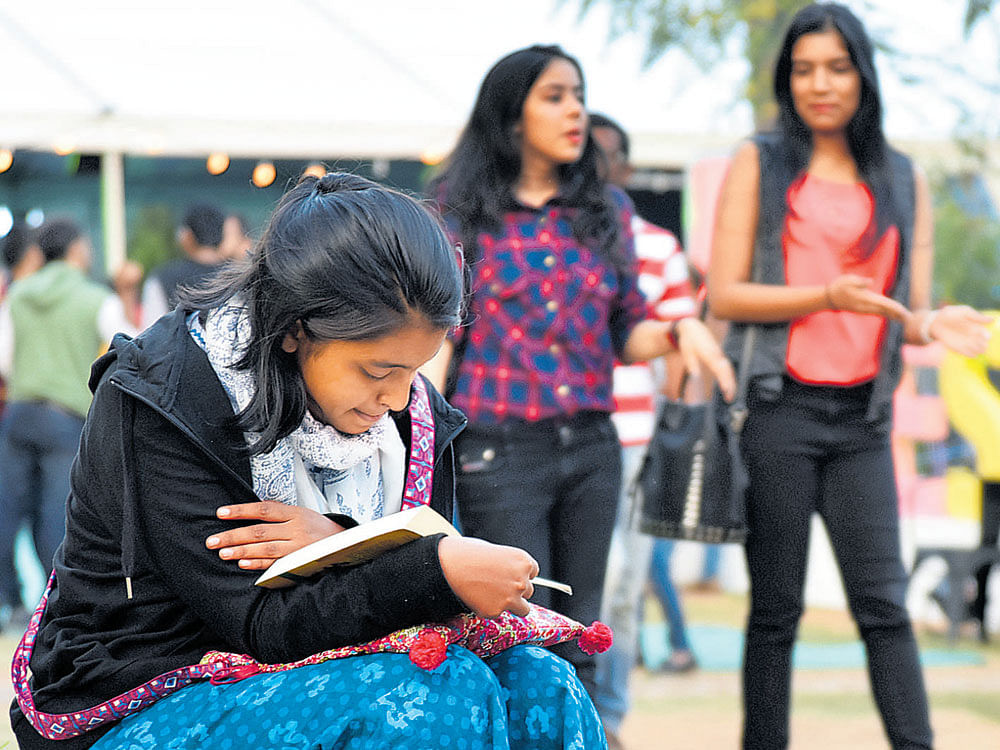
While the higher education institutions in Gujarat and Assam have recorded over a three-fold increase in the cases of ragging in 2017 over those in 2016, the number of cases have gone up by more than double in Karnataka, Bihar, Madhya Pradesh and Uttarakhand.
According to the latest government statistics, 901 cases of ragging was recorded in the country's universities and colleges in 2017 while the number of such cases stood at 515 in 2016.
Gujarat recorded a total of 16 cases of ragging in 2017 against five cases in 2016 while the number of such cases in higher education institutions in Assam climbed up to 33 in 2017 from 10 in 2016.
Higher education institutions in Karnataka, which had seen 24 cases of ragging in all in 2016, recorded 49 such cases in 2017.
Trends indicate that most of the states have seen a steep increase in the cases of ragging in the higher educational institutions operating in their respective jurisdiction between 2016 and 2017.
The menace of ragging continues to remain higher in most of the north Indian states.
Ragging cases in West Bengal almost doubled from 50 in 2016 to reach 99 in 2017, the number of such cases climbed up to 143 in 2017 from 93 in 2016 in Uttar Pradesh, 100 from 55 in Madhya Pradesh, 53 from 24 in Bihar, 46 from 29 in Maharashtra, 46 from 28 in Odisha, 40 from 20 in Rajasthan and 13 from 8 in Delhi.
Institutions in Puducherry, which did not see any case of ragging in 2016, recorded a total of eight such cases in 2017. Kerala saw an increase in the ragging cases from 35 in 2016 to 45 in 2017.
India had witnessed a significant decline in the cases of ragging in 2015 in most of the states.
Alerted by the sudden jump in such cases, top officials of the Human Resource Development (HRD) ministry, University Grants Commission (UGC) and other regulatory bodies held a review meeting on February 27.
"It was decided to organise meetings across all districts to review the status of the constitution of anti-ragging committees, anti-ragging squads and other steps that the higher education institutions have to take as per the UGC regulations to check the menace," official sources told DH.
All higher education regulatory bodies, including the UGC, were asked to monitor the trend on a monthly basis and take corrective measures, they added.